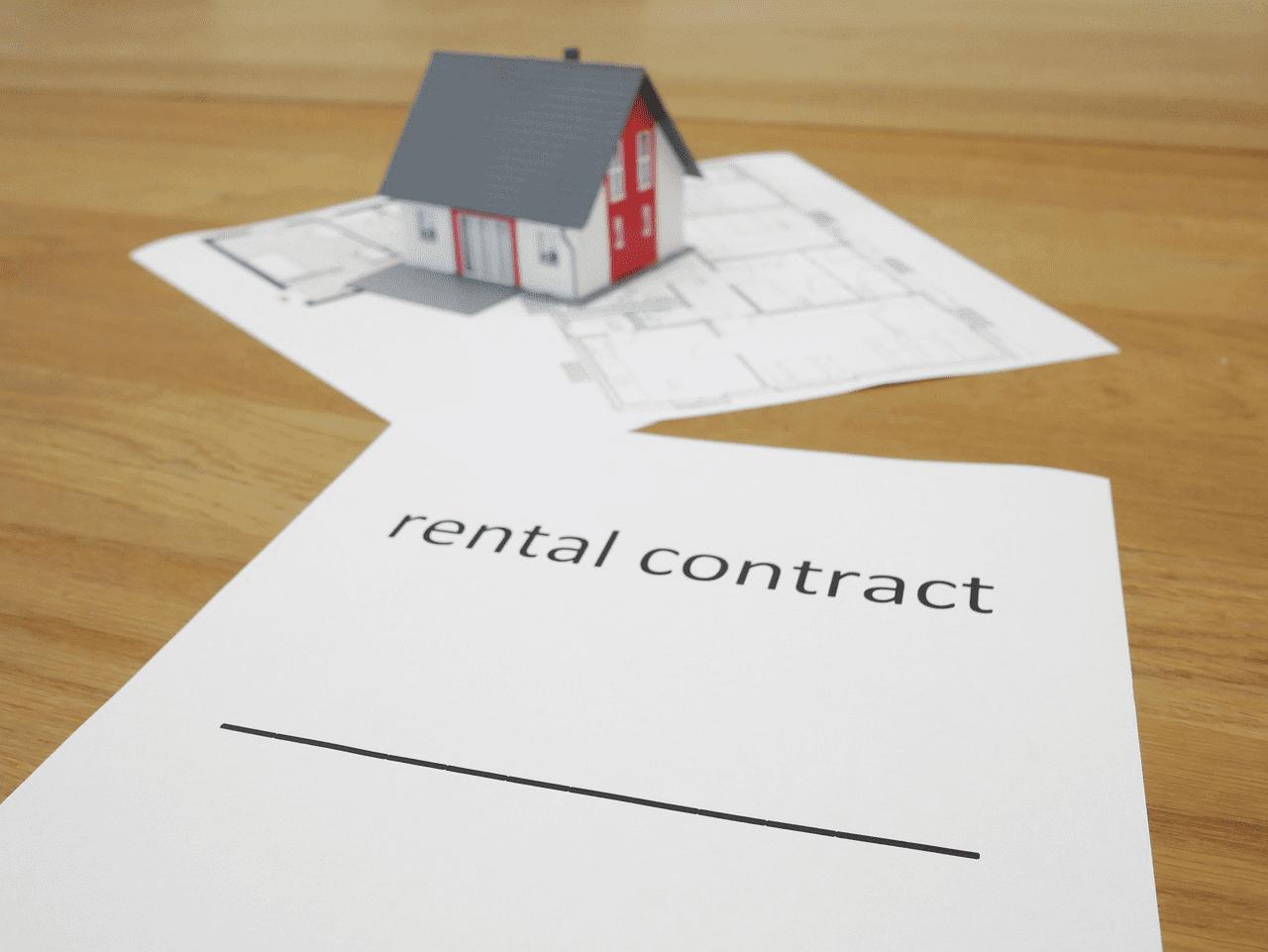Real estate investing in 2025 is evolving fast—and for property investors in the Carolinas, hard money loans are opening doors to fast-paced, high-return opportunities. Whether you’re flipping homes in Charlotte, building duplexes in Charleston, or rehabbing commercial properties in Raleigh, understanding the hard money landscape is crucial.
This ultimate guide breaks down everything you need to know about hard money lenders in South Carolina and hard money lenders in North Carolina, comparing trends, strategies, structures, and trusted lending sources to help you make informed decisions.
What Is Hard Money and Why It Matters in 2025

Hard money loans are short-term, asset-based loans primarily used in real estate investment. Instead of relying on the borrower’s creditworthiness, hard money is secured by the value of the property itself.
In 2025, this lending method has become increasingly popular among:
- Fix-and-flip investors
- Real estate developers
- Buy-and-hold landlords
- Bridge loan borrowers
Why hard money? Because it offers fast approvals, minimal paperwork, and flexibility—ideal for the competitive markets in both North and South Carolina.
Market Trends in North & South Carolina (2025)
North Carolina: A Growth Hotspot
- Charlotte, Raleigh, Durham, and Wilmingtonare showing strong appreciation in residential and mixed-use markets.
- High migration rates from the Northeastand West Coast are pushing demand for housing.
- Investors are favoring suburban development and small multifamily rehabs.
South Carolina: Steady Growth and Southern Charm
- Charleston, Greenville, and Columbiaare strongholds for short-term rentals, flips, and small commercial developments.
- There’s rising demand in coastal regions like Myrtle Beach.
- Lower property taxes and cost of living are attracting both retirees and remote workers.
Residential Hard Money Loans in the Carolinas
In both states, residential real estate continues to thrive. Investors use hard money loans for:
- Fix-and-flips
- Rental property rehabs
- Construction-to-permanent financing
- Bridge loans for MLS deals
Residential Lending Snapshot:
| Feature | North Carolina | South Carolina |
| Avg. Loan-to-Value | 70% – 80% | 65% – 75% |
| Interest Rate Range | 9% – 12% | 10% – 13% |
| Typical Term | 6–18 months | 6–12 months |
Hard money lenders in North Carolina are slightly more aggressive in lending on value, while hard money lenders in South Carolina tend to be more conservative—but offer faster funding in rural areas.
Commercial Hard Money Loans: What to Expect

Commercial projects—retail, office, mixed-use, or industrial—often fall outside the scope of traditional lending. That’s where hard money loans come in.
Common use cases:
- Office space redevelopment in Charlotte
- Mixed-use buildings in downtown Columbia
- Industrial refurbishing in Greensboro
Hard money lenders in North Carolina tend to focus on urban commercial projects with a strong exit strategy. Meanwhile, hard money lenders in South Carolina offer more flexibility in vacation-heavy and seasonal markets.
Typical Loan Structures in 2025
Understanding the structure of hard money loans helps you plan your exit:
| Loan Element | Typical Range |
| Loan-to-Cost (LTC) | 70% – 85% |
| Interest Rate | 9% – 13% |
| Origination Fee | 1% – 3% |
| Term Length | 6 – 18 months |
| Prepayment Penalty | Sometimes |
Tips for Investors:
- Look for interest-only payment options to reduce monthly costs.
- Know your exit strategy—resale, refinance, or long-term hold.
- Always budget for appraisal and legal fees upfront.
Key Differences: North Carolina vs South Carolina Lending

| Feature | North Carolina | South Carolina |
| Lending Speed | Slightly slower due to volume | Faster in rural and coastal areas |
| Property Types Funded | More urban infill and multifamily | More short-term rentals and mixed-use |
| Market Focus | Long-term appreciation and tech job markets | Vacation homes and lifestyle buyers |
| Top Investor Cities | Charlotte, Raleigh, Asheville | Charleston, Greenville, Columbia |
Where to Find Reliable Hard Money Lenders
Finding the right lender can make or break your deal. Look for lenders that:
- Specialize in either NC or SC markets
- Offer competitive terms without hidden fees
- Can close in 7–10 business days
- Understand your investment niche
Trusted Traits of a Good Lender:
- Transparent underwriting process
- Local market knowledge
- Fast closings
- Responsive customer service
Loan Calculator Tip: Run the Numbers First
Before applying, plug your deal into a hard money loan calculator. Make sure you calculate:
- Total cost (purchase + rehab)
- Estimated after-repair value (ARV)
- Exit strategy timeline
- Monthly payment estimates
This helps you find the break-even point and profit potential—critical in a short-term lending scenario.
Your 2025 Investor Checklist
✔ Identify your investment market (NC or SC)
✔ Choose residential or commercial property
✔ Get a property valuation & project scope
✔ Contact 2–3 vetted hard money lenders
✔ Use a loan calculator to compare offers
✔ Confirm loan structure, fees, and exit plan
✔ Close quickly and start building equity!
Why Work With Insula Capital Group?
At Insula Capital Group, we’re not just lenders—we’re your strategic partners. Whether you’re in Charlotte or Charleston, we provide:
- Fast closings in 5–10 business days
- Competitive rates and flexible terms
- Local market insight across both Carolinas
- Transparent loan structures—no hidden fees
- Solutions for fix-and-flip, bridge, and long-term rentals
Looking for dependable hard money lenders in South Carolina or North Carolina? Let Insula Capital Group help you capitalize on 2025’s biggest opportunities.
Contact us today for a free consultation and get your deal funded—fast!




